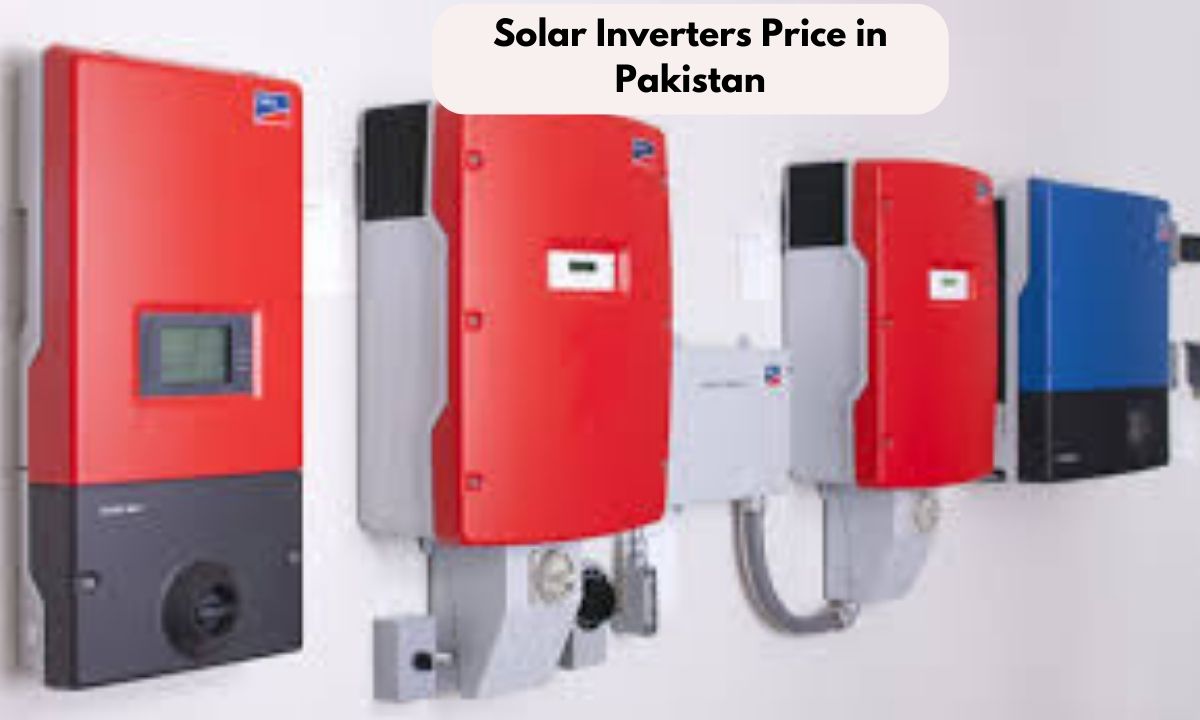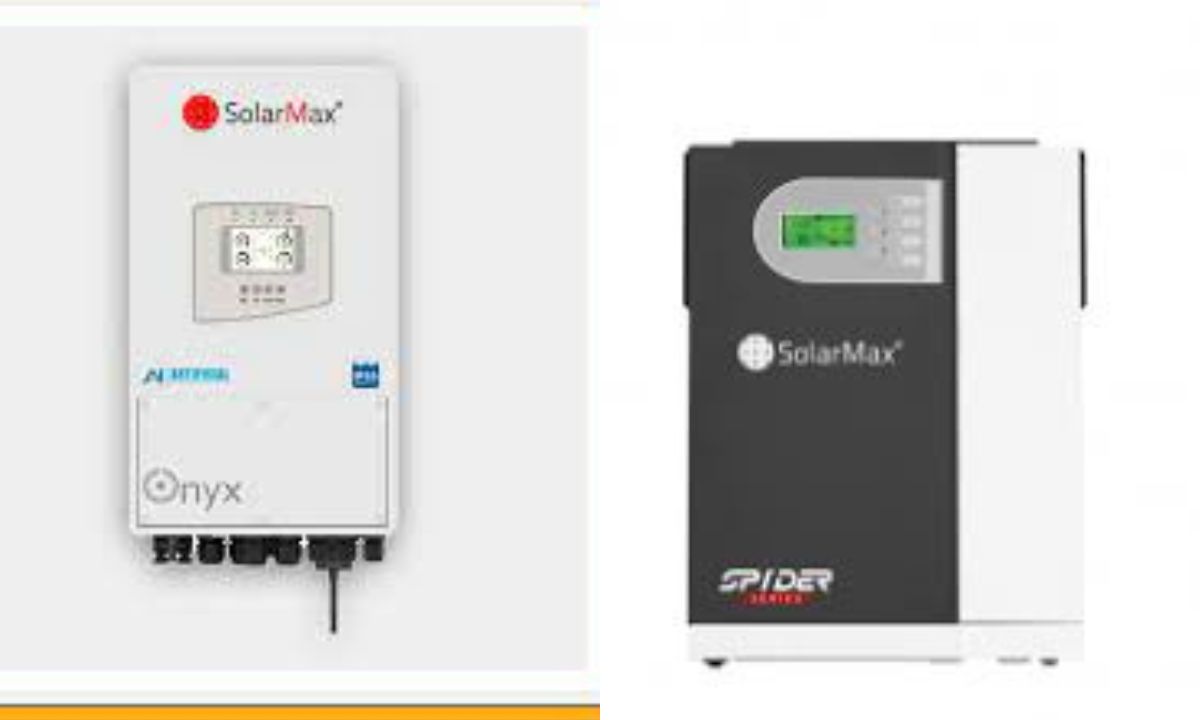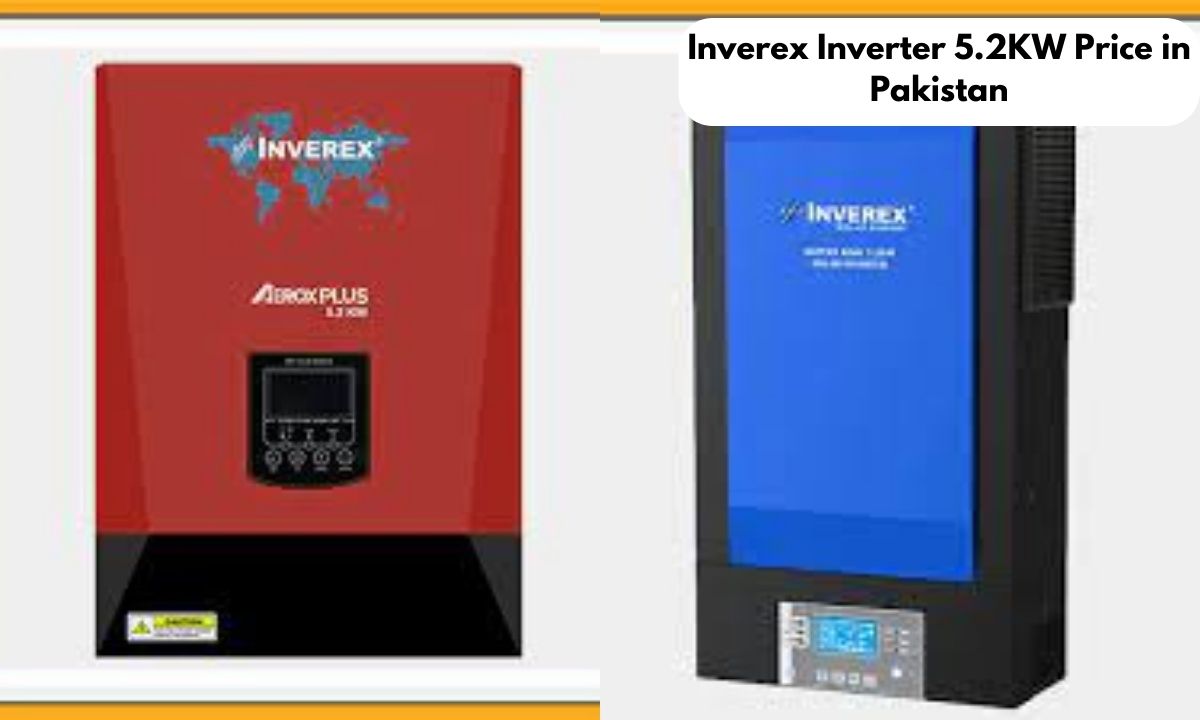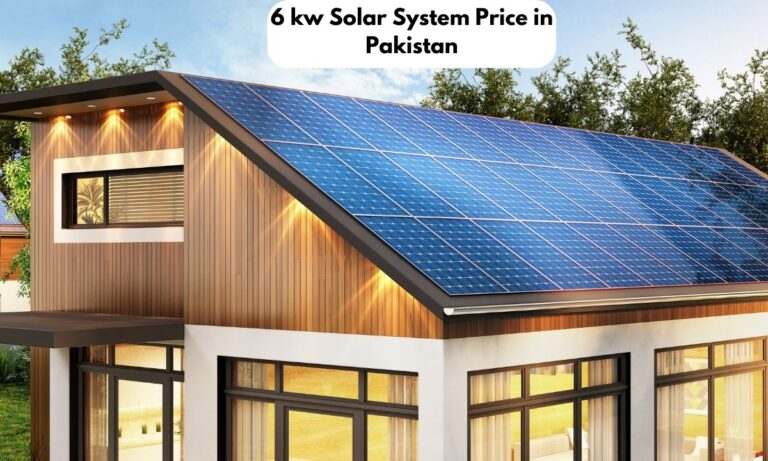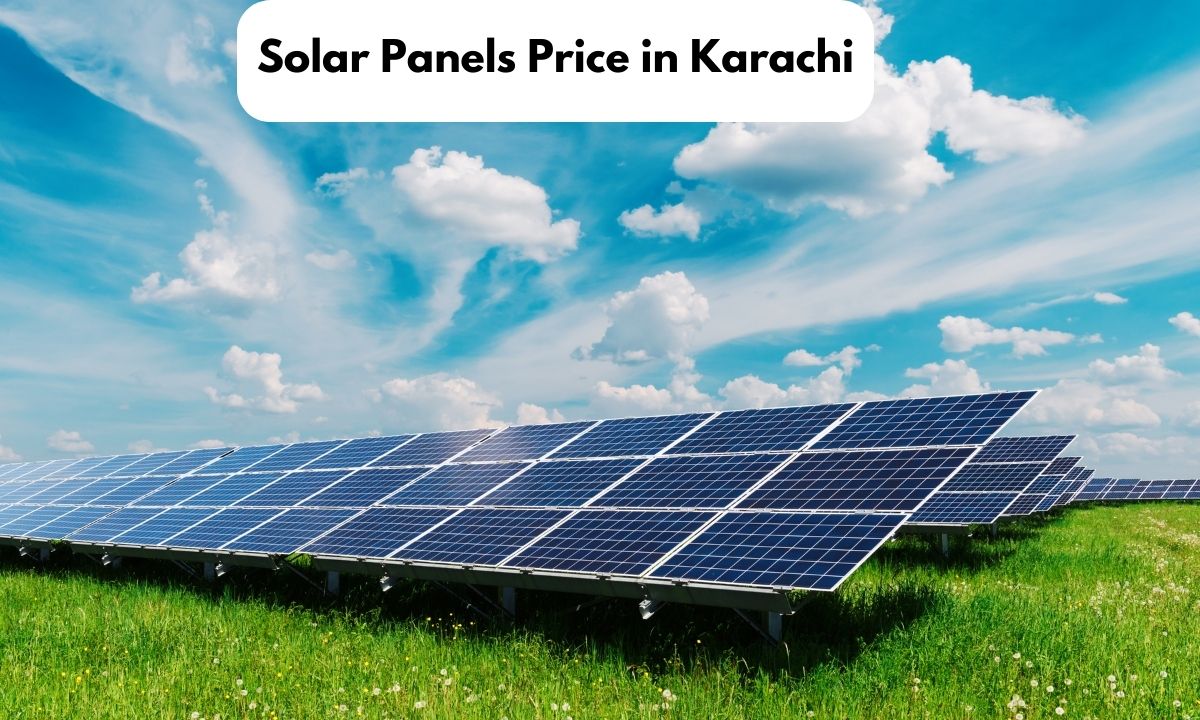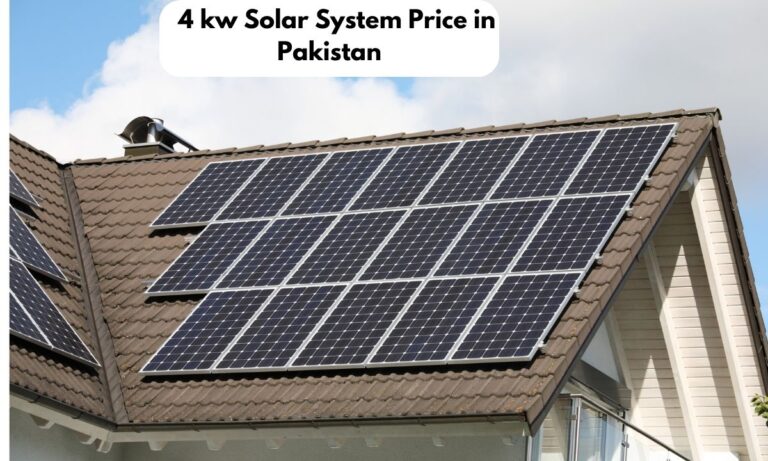20kW Solar System Price in Pakistan (2024 Price Guide)
In Pakistan, there’s a notable increase in the use of solar power. Experts predict that between 2023 and 2028, this trend will grow at an average rate of nearly 50% annually. A key player in this shift is the 20kW solar system. Typically, a 20kW solar system in Pakistan can range from around PKR 32 to 36 lacs, but it can go up to PKR 3,500,000 to 5,000,000.
The price depends on factors such as the quality of the solar panels used, the brand of the inverter, and the intricacies of its installation. This system can efficiently provide energy for large homes and businesses alike.
Several reasons drive this move towards solar energy in Pakistan. These include the country’s abundant sunlight, efforts by the government to promote solar power, and a growing interest among people to achieve energy self-reliance.
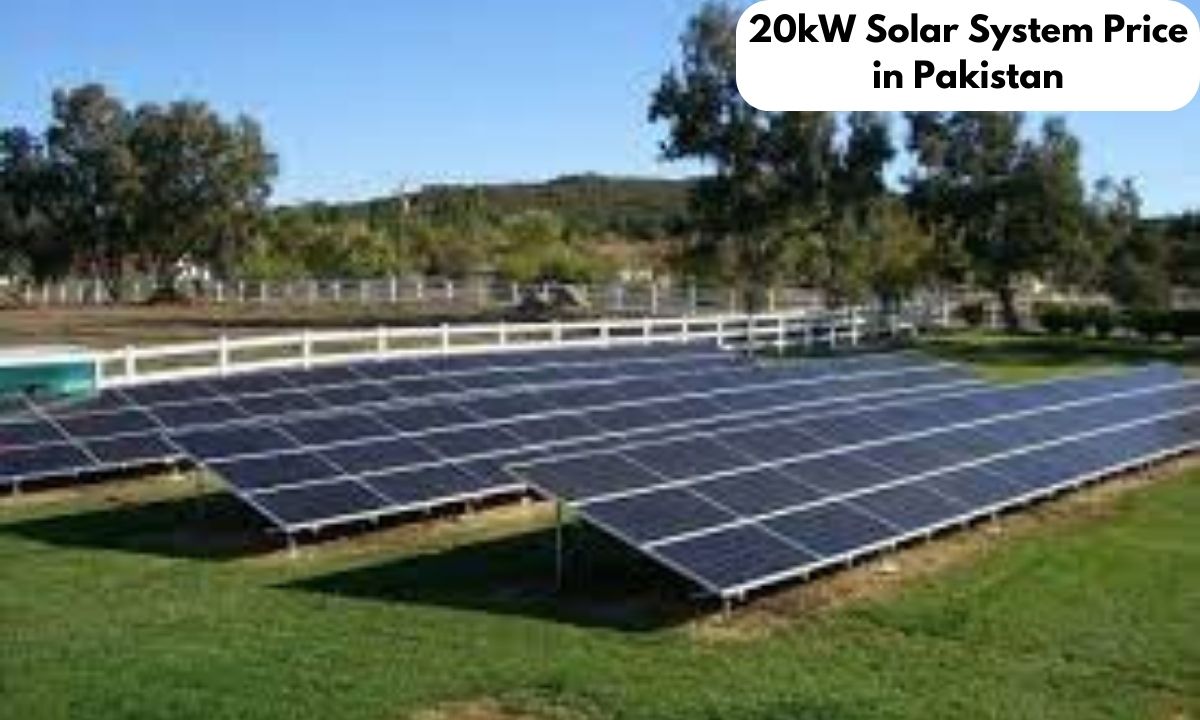
| Component | Description | Details |
| System Type | 20kW On-Grid Solar System | Suitable for residential and commercial use |
| Average Price Range | PKR 32-36 lacs | Price may vary based on customer requirements, quality of components, and exchange rates |
| Energy Production | 2300 – 2400 units/month | Around 76 to 80 kWh/day |
| Area Required | 140 to 150 m2 | For installation with 550W solar panels |
| Payback Period | Approximately 5 years | Depending on energy consumption and electricity rates |
| Net Metering | Available | Allows selling excess electricity back to the grid2 |
| Environmental Impact | Reduces greenhouse gas emissions | Contributes to cleaner air and sustainable living |
Cost Analysis of 20kW Solar Systems
The cost of a 20kW on-grid solar system in Pakistan can vary considerably. You might find prices anywhere between PKR 32-36 lac, PKR 3,200,000, or even between PKR 3,100,000 to PKR 4,200,000. This fluctuation in price stems from multiple factors. It hinges on the quality of the solar panels, the brand of the inverter, and how intricate the installation process is.
Additionally, aspects like government taxes and exchange rates play a pivotal role in determining these costs. When you buy a solar system in Pakistan, the price usually includes all applicable government taxes. Any sudden alterations in tax regulations, shifts in government policies, or changes in the value of the Pakistani rupee can directly influence the system’s cost. Moreover, the ever-changing dollar rate also has a ripple effect on these prices since many suppliers and dealers in Pakistan conduct their business transactions in dollars.
Comparatively, when evaluating the costs of 20kW solar systems in Pakistan against those in other nations, it’s crucial to understand what Pakistani consumers get in return. Pakistan boasts ample sunlight, strong governmental support for solar initiatives, and a growing aspiration among its people for energy autonomy.
Another beneficial aspect is the implementation of net metering in the country. This system empowers consumers to sell any surplus electricity their solar systems generate back to the grid, enhancing the financial viability of investing in solar energy.
Components and Installation Requirements
A 20kW solar system is quite a robust setup, well-suited for powering expansive homes and commercial establishments. This system primarily comprises photovoltaic (PV) modules, inverters, and sometimes, battery backups. The quantity of PV modules needed hinges on their individual power output. To give an example, you might require 37 panels that produce 530W each or 57 panels with a 350W capacity. When it comes to physical space, for a 20kW system utilizing 550W solar panels, you’d need an area spanning approximately 140 to 150 m^2 on your roof.
Ensuring that this system functions at its peak requires expert installation and consistent upkeep. Elements like dust, grime, or any debris can hamper sunlight absorption, thereby diminishing the system’s efficiency. Thus, periodic cleaning and maintenance are pivotal. Moreover, during installation, it’s vital to position the solar panels optimally, considering their angle and direction, to capture maximum sunlight.
Energy Production and Financial Returns
In the context of Pakistan, a 20kW solar system can generate roughly 2300 to 2400 units of electricity monthly, translating to about 76 to 80 kWh per day. Such output levels make it an apt choice for sizable households or commercial ventures.
From a financial perspective, the break-even point for this solar investment usually hovers around five years. This implies that the money you invest initially can be recouped through reduced electricity bills in approximately half a decade. Nevertheless, this recovery time can shift based on factors like the system’s efficacy, consumption patterns, and the prevalent electricity costs.
The net metering system in Pakistan plays a pivotal role in enhancing the economic viability of these solar setups. Through net metering, users can channel any excess energy they produce back into the national grid. As a result, they earn credits or monetary compensation for this surplus power.
As of now, the net metering tariff in Pakistan is fixed at Rs. 19.32 per kilowatt-hour (kWh). Owing to this beneficial policy, the break-even time for solar installations typically ranges from 4 to 7 years, influenced by factors such as system size, energy use, location, and ongoing electricity tariffs.
Choosing the Right Solar System Provider
When you’re on the hunt for a solar system provider in Pakistan, it’s essential to be thorough and deliberate in your selection process. To set yourself up for a successful and lasting solar installation, consider the following crucial aspects:
Key Considerations for Choosing a Solar System Provider in Pakistan:
- Budget and Energy Requirements: Begin by evaluating your budget constraints and identifying your specific energy needs. This groundwork will guide you in selecting a provider that aligns with your financial and energy objectives.
- Space for Installation: Examine the space available for your solar setup. Ensure that your chosen provider can design a system that fits within your available space parameters.
- Selection of Inverter and Mounting Framework: Opt for a provider that offers the appropriate solar inverter and a fitting mounting structure. These components are foundational to the overall efficiency and functionality of your system.
- Installer’s Reputation: Prioritize providers with a solid reputation in the industry. Investigate their credentials, past projects, client feedback, and overall reputation to gauge their reliability and expertise.
- Warranty and Post-installation Support: Scrutinize the warranty terms and post-installation support provided by the vendor. A comprehensive warranty safeguards your investment, while robust after-sales services ensure the continued reliability of your solar system.
- Component Quality: Emphasize providers that utilize top-tier components sourced from well-regarded brands known for their durability and longevity.
- Licensing and Insurance: Ensure that the provider possesses the requisite licenses, insurance coverage, and necessary permits to operate legally within your jurisdiction.
- Affiliation with Industry Groups: Consider providers affiliated with reputable renewable energy associations. Such memberships often signify a commitment to industry best practices and standards.
The Significance of Provider’s Credibility and Expertise:
- Brand Specialization: Partnering with providers well-versed in specific solar brands ensures consistent quality and reliability.
- Technical Proficiency: Engage with providers possessing profound technical expertise in solar panel installation, enhancing the efficiency and longevity of your system.
- Industry Experience: Providers with a rich history in the solar sector possess invaluable insights and are adept at navigating potential challenges, ensuring smoother installations.
- Client Testimonials: Delve into past client experiences and project portfolios to gauge the provider’s credibility, customer satisfaction levels, and overall performance standards.
By meticulously considering these factors, you position yourself to collaborate with a reputable and competent solar system provider, paving the way for a seamless installation and optimal system performance.
Environmental Impact and Sustainability
Transitioning to solar power offers a multitude of environmental advantages. Solar energy, being a renewable resource, significantly curtails greenhouse gas emissions. This reduction is vital in addressing the escalating concerns of climate change and safeguarding our ecosystems.
The adoption of solar energy fosters cleaner air quality, conserves water resources by diminishing the needs of conventional energy production methods, and bestows various ecological benefits to communities. These benefits encompass carbon capture, aiding pollination, and managing stormwater and ground resources.
Notably, solar power stands out as it generates electricity devoid of the emissions typically associated with burning fossil fuels, such as carbon dioxide and other detrimental pollutants.
By diminishing these emissions, solar energy plays an instrumental role in combating pressing environmental challenges like erratic climatic patterns, sea-level elevations, and alterations in our ecosystems. Furthermore, solar panels facilitate the production of uncontaminated, renewable electricity, eliminating the pollutants and smog prevalent in conventional energy production processes.
Contribution of a 20kW Solar System to Sustainable Practices in Pakistan
In Pakistan, a 20kW solar system boasts the potential to produce a substantial range of electricity, typically between 2040 to 3000 units monthly. This capability positions it as an ideal choice for powering expansive residential properties and commercial ventures, thereby diminishing dependency on fossil fuels and steering towards an environmentally-conscious future. Embracing solar energy translates to a diminished reliance on conventional energy sources like coal and natural gas. This transition not only curbs carbon emissions and alleviates air pollution but also stands as a proactive measure against the looming threats of climate change. Additionally, leveraging a 20kW solar system addresses Pakistan’s escalating energy demands, laying a foundation for sustainable progress and development. Given Pakistan’s abundant sunshine, with daily averages ranging between 8-9 hours, the nation stands primed to harness the vast potential of solar energy, driving its sustainable energy narrative forward.
Conclusion
Investing in a 20kW solar system within Pakistan presents a host of advantages. This system offers a dependable and sustainable energy solution, generating an impressive range of electricity, typically between 2040 to 3000 units monthly.
Such capabilities position it as an apt choice for energizing expansive residences or commercial establishments, marking a significant shift away from traditional fossil fuels and championing an eco-friendly trajectory.
While the initial investment for this system is notable, the subsequent savings accrued from reduced electricity bills allow consumers to recuperate their costs within an estimated five-year timeframe.
Additionally, the introduction of net metering further bolsters the financial appeal of this system, enabling users to redirect surplus electricity to the grid and earn credits in return.
The selection of an adept solar system provider is paramount to ensuring a seamless installation process and optimizing the system’s longevity and efficiency. Aspects such as the provider’s industry expertise, esteemed reputation, and commitment to delivering top-notch products and services warrant meticulous scrutiny.
From an environmental perspective, the merits of transitioning to solar energy are profoundly impactful. Solar power emerges as a formidable ally in mitigating greenhouse gas emissions, fostering enhanced air quality, and diminishing our over-reliance on conventional fossil fuels.
Recognizing these transformative benefits underscores the imperative nature of embracing renewable energy alternatives, positioning Pakistan on a trajectory toward a sustainable and environmentally conscious future.
In essence, advocating for the adoption of solar systems within Pakistan transcends mere financial incentives; it epitomizes a broader commitment to environmental stewardship and sustainable living practices. We fervently urge individuals and enterprises alike to contemplate the merits of solar investments, championing a brighter, cleaner, and more sustainable future for all.
